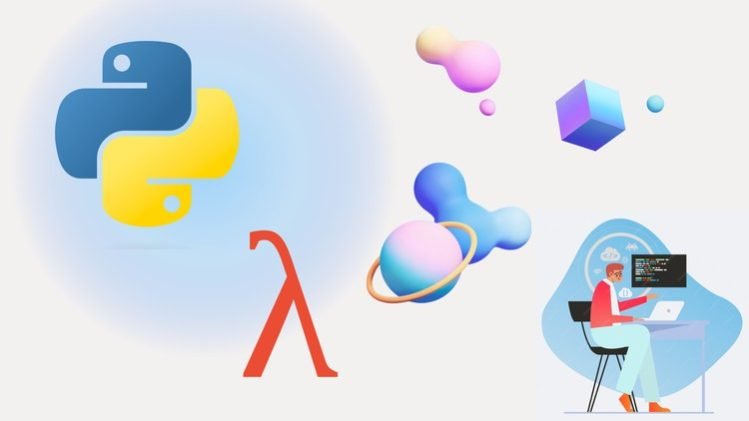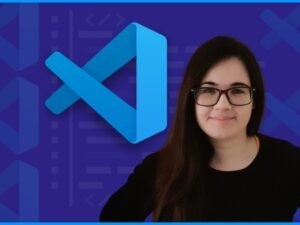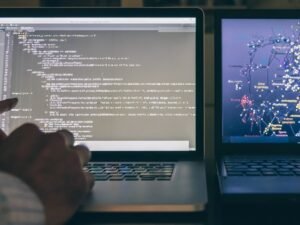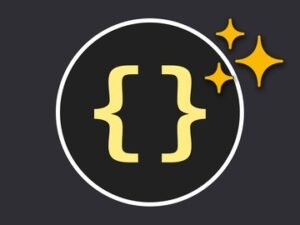Functional Programming With Python
A beginner-friendly introduction to functional constructs in python
- Description
- Curriculum
- FAQ
- Reviews

Functional Programming With Python:
Welcome to the best and most comprehensive introduction to functional programming in Python!
In this beginner-friendly course, you will get to learn and practice Python’s functional capabilities step-by-step, from the ground up.
- immutability: the idea that data should not be modified in place
- purity: the practice of writing functions that do not cause side effects
- higher-order functions: treating functions as pari passu with other data types
- recursion: the pattern of writing functions that call themselves
- referential transparency: the principle that a function call can be replaced with its return value without changing the program’s behavior
- map, filter, reduce, zip, any, all: utilities for working with iterables
- list, set, dictionary, and generator comprehensions: concise ways of creating lists, sets, dictionaries, and generators
- generator functions and iterators: functions that can be paused and resumed
- variable arity: functions that can take a variable number of arguments, unknown at the time of writing the function
- closures: higher-order functions that can access non-local variables
- recursion: functions that call themselves
- partial function application: functions that return other functions, with some arguments pre-filled
- currying: a special case of partial function application
- memoization: caching the results of function calls to speed up execution
- infinite iterators: iterators that never end
- functional overloading: functions that behave differently depending on their inputs
The Five Tenets Of Functional Programming
Functions As First-Class Objects
Functions In Data Structures
HOFs At A Glance
Purity And Side Effects
Laziness
Aliasing
Map
Zip
Filter
Any And All
Reduce
Comprehensions
How long do I have access to the course materials?
You can view and review the lecture materials indefinitely, like an on-demand channel.
Can I take my courses with me wherever I go?
Definitely! If you have an internet connection, courses on Udemy are available on any device at any time. If you don't have an internet connection, some instructors also let their students download course lectures. That's up to the instructor though, so make sure you get on their good side!
Stars 5
8
Stars 4
5
Stars 3
1
Stars 2
0
Stars 1
0












